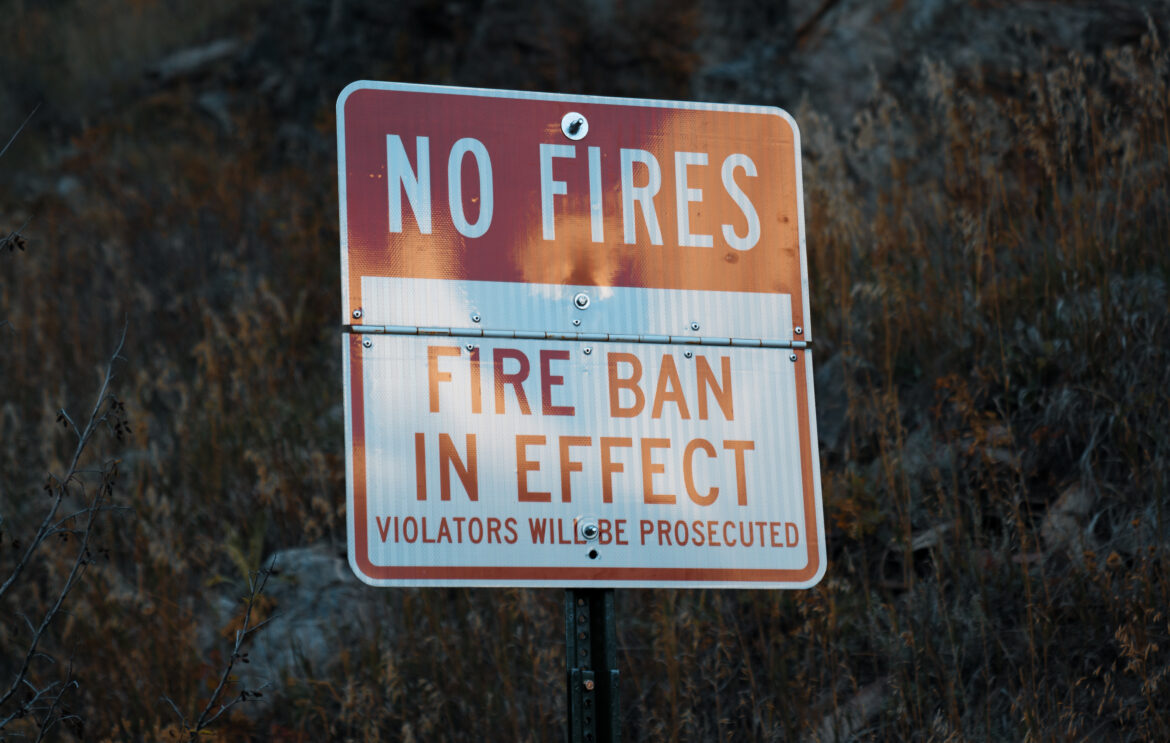By: Amber Mears
FAYETTEVILLE, Ark. (UATV) — Washington County, the city of Fayetteville, and multiple other counties across Northwest Arkansas are currently under burn bans due to high wildfire risk.
Benton country issued a second 24-hour burn ban on March 15, as weather conditions in the area have raised concerns about the potential for wildfires.
Burn ban statuses can range from short bans lasting 24 hours, to longer court-ordered burn bans that prohibit all forms of outdoor burning for up to 60 days or until the ban is lifted. These bans are put in place to prevent fires that could spread quickly in dry and windy conditions.
Patti Mulford, the Public Information Officer for the Fayetteville Fire Department, explains how burn bans are authorized and enforced.
“Burn bans are typically authorized by the Country Judge,” Mulford said. “The burn ban basically says that conditions are really high for wildland fire spread.”
The status of burn bans is largely influenced by current weather conditions. Mulford explains that several environmental factors are considered when determining whether to implement a burn ban.
“low humidity, high temperatures, and high winds are all weather conditions that play into the decision to administer a burn ban,” Mulford explained.
According to the Arkansas Forestry Commission, all of northern Arkansas is currently under a high wildfire risk. A risk at this level means that fires can ignite easily, spread quickly, and can become serious if not attacked early.
Mulford stressed the importance of following burn ban guidelines to help protect both public safety and the environment.
“It’s very important so we can protect the public and prevent wildfires,” Mulford said. “When there is high winds, wildfires can spread very quickly, so we definitely want to prevent that if we can.”
Residences are urged to stay informed about burn bans in their areas and to refrain from outdoor burning during these high-risk periods. By following burn ban regulations, communities can help prevent wildfires and protect the safety of residents.


